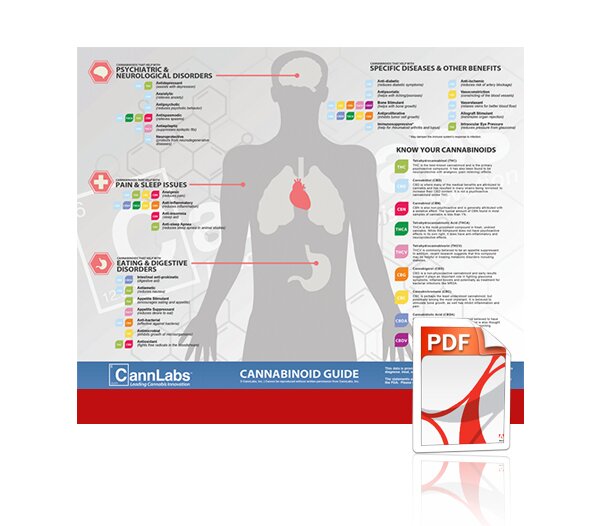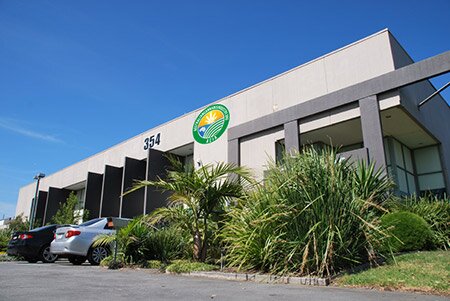Our Campaigns
The ACIA is the only national trade association advancing the interests of the anticipated legitimate and responsible cannabis industry in Australia. Our industry will grow as the local market develops, providing tens of thousands of jobs, tens of millions in tax revenue, and billions in potential economic activity in Australia. We are offering 25% off all products across the site for your first order.
Political Representation
Above all else, being a part of your industry’s trade association supports our ongoing efforts to change outdated laws that hamper the potential growth of the cannabis industry and the bottom line of every business in the industry.
Networking & Events
The ACIA is currently planning industry events. From Conferences, Expo’s & Fundraisers, our future events will be the premier industry networking opportunities in the Asian region & will attract the best and brightest research scientists, business leaders & investors in the industry. Members of the ACIA not only gain preferred access to these events but also have the opportunity to sponsor events to help increase brand awareness.
Information & Industry Development
Members of ACIA receive links to cannabis industry-related news media in our e-newsletter. Our researchers are on the cutting edge of developments happening globally within in this emerging industry. For entrepreneurs and investors looking to enter this exciting space, our consultants are on hand with the most relevant market research publications available. Whether being a Licensed Producer or serving the ancillary support sector, the Australian Cannabis industry will deliver unprecedented sustainable growth for any first moving team.
International Industry Recognition
All members get a listing and link in our developing association directory, which is a go-to resource for professionals looking for key groups, staff and organisations in the global cannabis industry. Basic and Premium members receive logo placement in the directory, 3D member ‘badge to place on their home pages, permanent backlinks & impressions on ACIA’s home page. The ACIA is also strengthening our international ties by forging a stronger connection to our ‘big brother’ in Colorado, the National Cannabis Industry Association.













